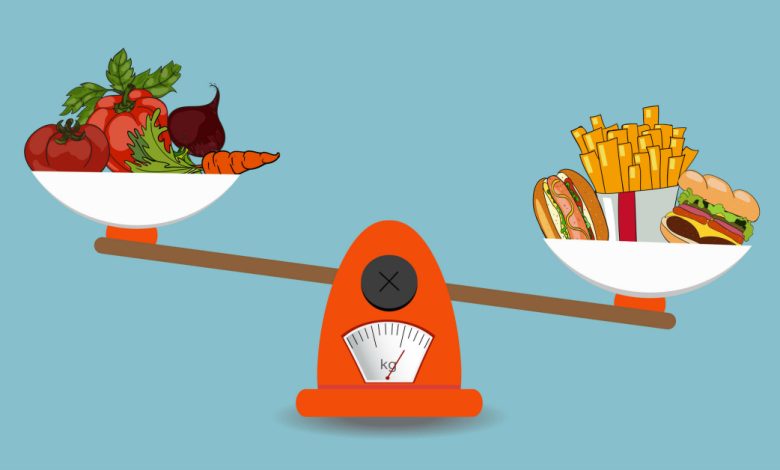Why is it so hard to stop eating high calorie foods?

We know that high-calorie foods, which are rich in fats, oils and sugar, have many taste advantages. Problem: They lead to overeating, which can lead to obesity and other disorders. To avoid any health problem, it is therefore advisable to reduce the consumption of these foods. But for some, it can be difficult to stop eating when they have started a packet of crisps, cookies or a chocolate bar.
“What stimulates the brain to cause overeating?”
According to researchers from Osaka Metropolitan University (Japan), having trouble stopping eating these high-calorie products is not related to gluttony. Recently they wondered “what stimulates the brain to cause overeating?”. To answer this question, they conducted a study published in the journal Journal of Federation of American Societies for Experimental Biology.
As part of this work, scientists found that a gene, called “CREB-Regulated Transcription Coactivator” or “CRTC1”, was closely associated with the prevention of obesity in humans. To understand the mechanism by which the CRTC1 gene prevents us from eating high-calorie foods, the team focused on neurons expressing the melanocortin-4 receptor (MC4R).
The CRTC1 gene prevents us from eating too many high calorie foods
The authors hypothesized that “CRTC1 gene expression in MC4R-expressing neurons prevented obesity, as mutations in the MC4R gene are known to cause obesity”. Therefore, they created a strain of mice that possess the CRTC1 gene normally, except in neurons expressing the MC4R where it is blocked. Their objective ? To examine the effect of the loss of the CRTC1 gene in these neurons on obesity.
According to the results, when rodents were fed a standard diet, mice lacking the CRTC1 gene in MC4R-expressing neurons showed no weight change compared to control mice. In contrast, when mice lacking the gene were fed a high-fat diet, they ate too much, then became obese and developed diabetes.
“This study thus revealed that the CRTC1 gene plays an important role in our brains in preventing us from eating too many foods high in calories, fats and sugars. We hope this will provide a better understanding of what causes people to eat too much”, Shigenobu Matsumura, author of the research, concluded in a statement.












